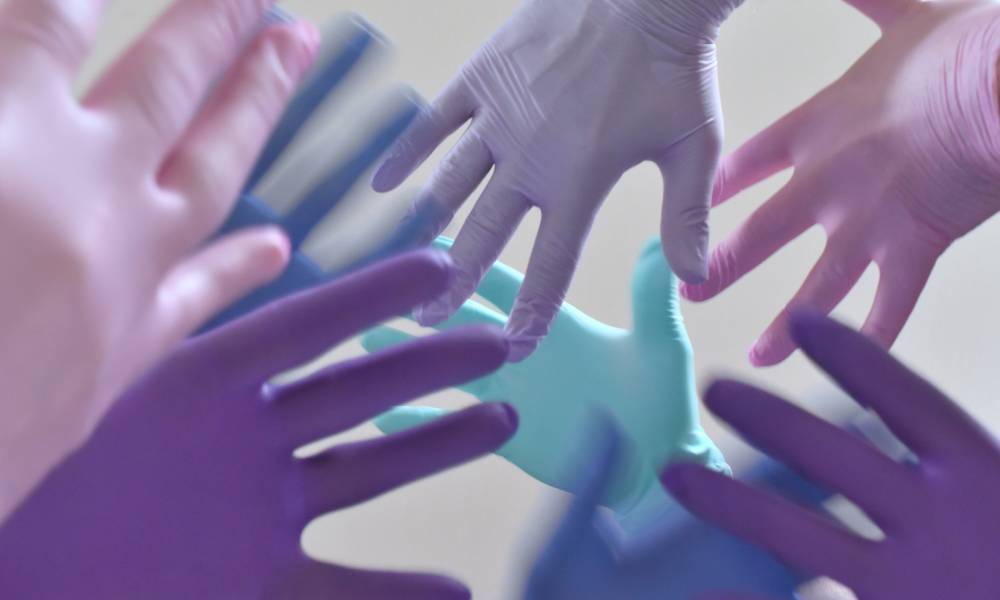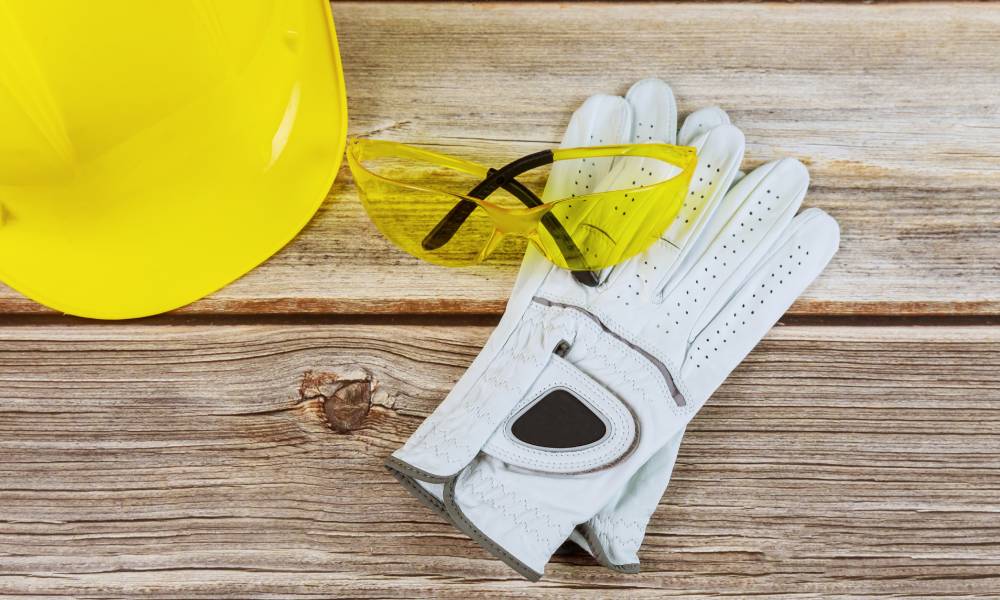
Choosing the Right Material
In the diverse landscape of healthcare, medical gloves stand as a critical barrier between healthcare professionals and the myriad of health risks they encounter daily. These gloves are not just about protection; they're a testament to the meticulous care and hygiene standards upheld in medical settings. Among the variety of gloves available, three types reign supreme: Latex, Nitrile, and Vinyl. Each material comes with its unique set of properties, benefits, and limitations, making the choice of the right glove more than just a matter of preference—it's a decision impacting safety, comfort, and effectiveness in various medical scenarios.
Latex Gloves
Latex Gloves, primarily made from natural rubber latex, have long been the standard in the medical industry. Their widespread use is attributed to the exceptional comfort and flexibility they provide, closely conforming to the hand's contours for a near-skin sensation. This tactile sensitivity is crucial in procedures requiring precision.
Benefits of latex gloves include their high degree of touch sensitivity, elasticity, and strength. They offer a reliable barrier against infections and contaminants, making them a go-to for invasive procedures. Their biodegradable nature also adds an environmental edge.
However, drawbacks are noteworthy. The primary concern is latex allergies, which can range from mild skin irritation to severe allergic reactions, posing a significant health risk to both healthcare providers and patients. Additionally, the environmental impact of latex glove production, involving extensive rubber tree plantations, has raised sustainability concerns.
Ideal Scenarios for Use: Latex gloves are best suited for high-risk situations requiring tactile precision, such as surgery and certain diagnostic procedures, provided that there are no allergy concerns.
Nitrile Gloves
Nitrile Gloves are a synthetic alternative increasingly favored in the medical field. Made from a robust nitrile rubber, they are known for their excellent durability and resistance to a wide range of chemicals, including oils and certain acids, which makes them indispensable in laboratories and high-risk environments involving hazardous materials.
Advantages of nitrile gloves are manifold. They are inherently strong and puncture-resistant, offering superior protection compared to latex and vinyl. Their hypoallergenic nature makes them a safer choice for individuals with latex allergies. Moreover, nitrile gloves maintain a good level of tactile sensitivity, although slightly less than latex, and are available in various thicknesses to balance protection and dexterity.
However, their limitations include a generally higher cost and slightly less flexibility compared to latex gloves. Some users might also find them less comfortable during extended wear due to their firmer fit.
Nitrile gloves are ideal in settings where chemical exposure is a concern, such as in chemical handling, laboratory work, and cleaning. They are also a preferred choice in emergency rooms and for handling infectious materials, given their robust protective qualities.
Vinyl Gloves
Vinyl Gloves are made from polyvinyl chloride (PVC) and plasticizers. They are a popular choice in the healthcare industry, particularly for their affordability and suitability for short-term tasks. Vinyl gloves are less durable than latex or nitrile, but they serve well in non-hazardous and low-infection environments.
The primary advantage of vinyl gloves lies in their cost-effectiveness, making them a practical option for bulk use in healthcare settings. They are latex-free, thus posing no risk of latex allergies, and are relatively comfortable for short periods. Their anti-static properties are also notable.
On the downside, vinyl gloves offer less protection against chemicals and pathogens compared to latex and nitrile gloves. They are also more prone to punctures and tears, making them unsuitable for high-risk or long-duration procedures. Their environmental impact is another concern, as PVC production and disposal raise ecological questions.
Vinyl gloves are best used in low-risk situations where the primary need is to prevent contamination, such as in basic patient care, handling non-hazardous materials, and general cleaning tasks in healthcare facilities.
Beybi Plastik, since its establishment in 1949; operates in the field of personal protective work safety gloves, examination gloves production and sales, sterile surgical gloves and medical consumables sales and marketing.



